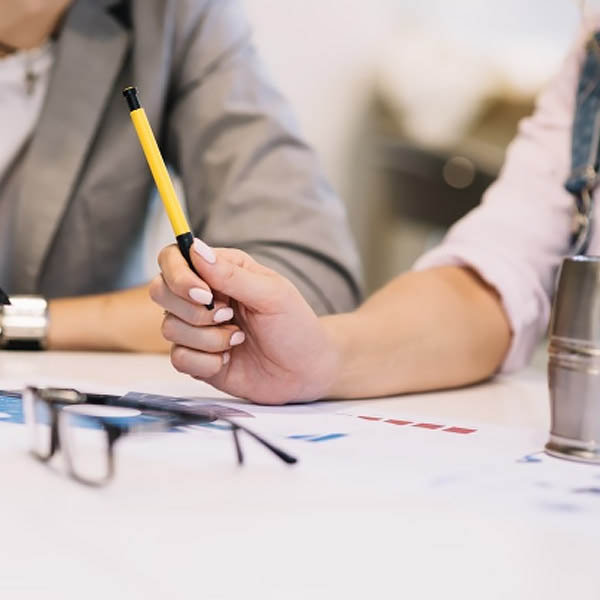Form 9 Topic: “Natural disasters and changing climate”
Aim: To speak about disasters and their impacts, the consequences of changing climate and making a resolution on how to slow down global warming.
Plan
1. You see the topic of our lesson on the display (pupils name the topic).
At the lesson we will speak about different types of disasters and their impacts on our life, which are the consequences of people’s interference; we are going to train our oral speaking and listening. We shall make a resolution on how to slow down global warming.
2. Teacher – What is a natural disaster? Give me the definition of a natural disaster (It’s any natural catastrophe which leads to great damage and loss of life, p.145 form 9, Lapitskaya)
You see different types of disasters on the screen; let’s name them (on the screen appear the images of disasters).
-Have you ever experienced any of dangerous disasters? (Pupils answer the questions).
-Now let’s play the flash quiz about the natural disasters . (The pupils are divided into 2 teams: the boys’ and girls’ team; pupils of the first team read by one each definition and pupils of the other team guess i-p.145, form 9, Lapitskaya))
1.This flash of light is a big killer. 2.They happen after a heavy rain.
3.They take place in winter.
4.They happen as a result of an earthquake.
5.It is spinning and blowing air.
1.It is a mountain with a hole at the top.
2.It is snow and ice falling down a mountain.
3.It is a very loud noise sometimes after a flash of light in the sky.
4.It is born over a warm ocean.
5.They occur (happen) on low spots
3. T. – Now tell me how devastating natural disasters are and about their impacts on people’s life. (Pupils speak about a) physical b) human c) social impacts p.161, form 9, Lapitskaya)).
4. T. – You have read that one of the most disastrous years in the history of the modern world was 2010. ( p.168, form 9, Lapitskaya))
Answer the questions:
Which continent was the most dangerous (disastrous)?
How many disasters occurred in Europe?
What were the people losses and the economic damage?
5. T. – Ok, children, speak about the most horrible disasters in Belarus.
(Pupils will speak about a) Chernobyl catastrophe 1986 (p.210, form10, Panova)
b) Floods in Minsk ( p.165, form 9, Lapitskaya)
Thanks to God few disasters occur in Belarus, but we were unlucky to have had the most horrible one in the 20th century.
6. T. – It is the 6th lesson and you are tired, let’s relax a little bit. (A minute for relaxation).
7. T. – As we have already told the disasters are the results of changing climate which in its turn has been caused by imprudent human activities.
T. – On the display you see he rhyme. Let’s read it.
What have they done to the Earth?
What have they done to the world?
What have they done to the seas , my friends ?
What have they done to the seas?
What have they done to the rivers , my friends ?
What have they done to the tries?
What have they done to the land , my friends?
This land which is ours from our birth.
What have they done to the forests, my friends ?
What have they done to the Earth?
What have they done to the skies , my friends?
These skies that are blue and so clear.
What have they done to the skies my friends?
What have they done to the air?
8. T. – Yes, it’s true, man has done a lot of harm to nature, trying to make his life easier and now climate is changing.
Pupils answer the questions:
Why are scientists worried?
What is the greenhouse effect?
How much with temperature rise?
How will the weather change?
How will climate change influence people’s life? (p.169-171, form 9, Lapitskaya))
8. T. – I think that every one of us feels uncomfortable listening to some predictions. Now let’s listen to some pupils’ views about nature problems (the reporter of the local newspaper interview the pupils - p.22,1 Panova 10)
9. T. – Indeed, let’s stop talking about the black side of things and think about what we can do to stop or slow down global warming and let’s make a resolution.
( pupils read it, p.172, form 9, Lapitskaya))
T. – I think that everybody can vote for it.
( pupils vote for the resolution)
10. T. – Our lesson is closing. We have spoken about many important things. You know we can’t avoid disasters, but let’s hope for fewer of them, let’s hope people will stop rapid climate change and save nature and our planet for future generation and life will continue . Let’s imagine it, listening to the song of the legendary
British Group “Beatles” “Imagine” (pupils sing the song)
11. T. – Thanks, I am satisfied with your work. And you?
Was the lesson – exciting / boring,
amazing and informative / difficult to understand?
12. Marks.

 Получите свидетельство
Получите свидетельство Вход
Вход











 Form 9 Topic: “Natural disasters and changing climate” (19.07 KB)
Form 9 Topic: “Natural disasters and changing climate” (19.07 KB)
 0
0 661
661 9
9 Нравится
0
Нравится
0



